
‘A female voice is instrumental’ gender, propaganda and coerced labor on the Eastern Front, 1943-1945

news, new scholarship & more from around the world


Urbanization has played a key role in shaping twentieth-century demographic changes in Latin America and the Caribbean (LACar). As a result, scholarly research on domestic migration and the family has primarily focused on fertility differentials by migration status in urban areas, finding a robust negative correlation between internal migration and fertility. This research has overlooked how this relationship varies across types of migration flows other than rural-to-urban migration and by women’s age at migration and social class. Additionally, not enough attention has been paid to the family formation and dissolution trajectories underlying the lower fertility of rural migrants. I use a life-course inductive approach to examine these overlooked aspects among women from 10 LACar countries, including the three largest countries by population. Using retrospective information on women’s childbearing and marital histories from the Demographic and Health Surveys, I build an eight-category typology of family paths and study the conditional distribution of this typology by women’s age at migration, educational attainment, and origin/destination area. This examination demonstrates that social class is the primary source of differentiation across family formation and dissolution trajectories and that low-class young rural migrants played a crucial role in the demographic transformations that occurred in the region.
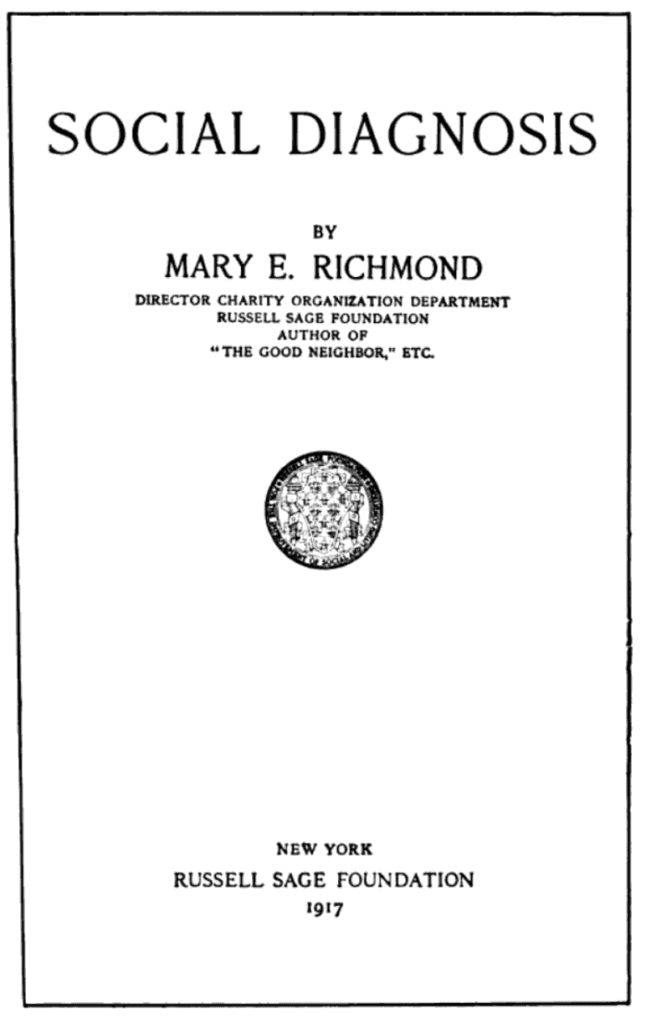
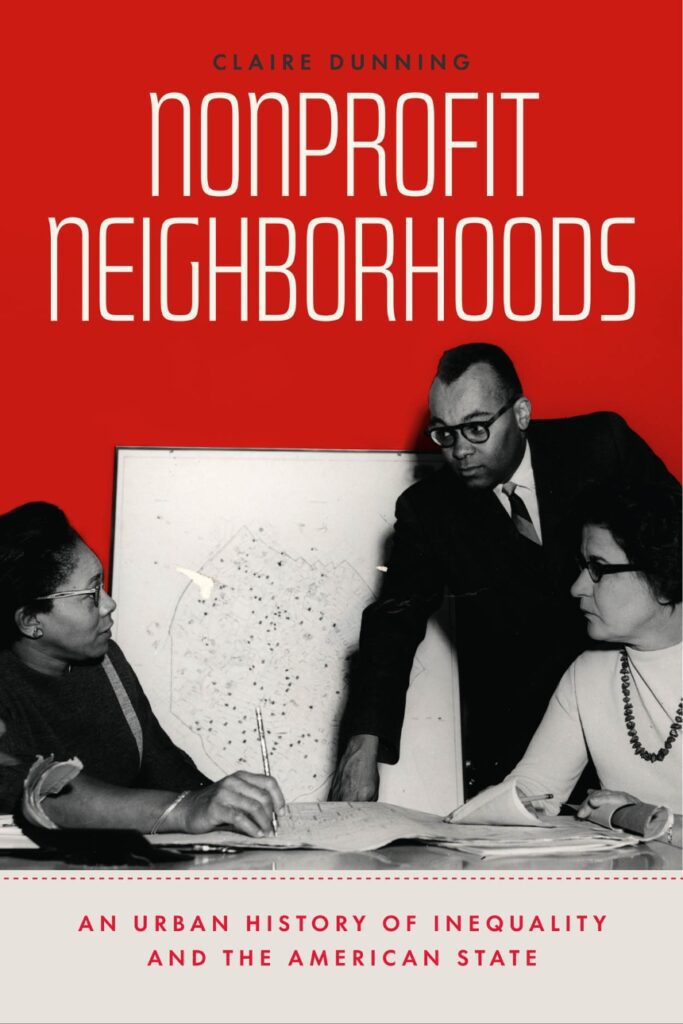
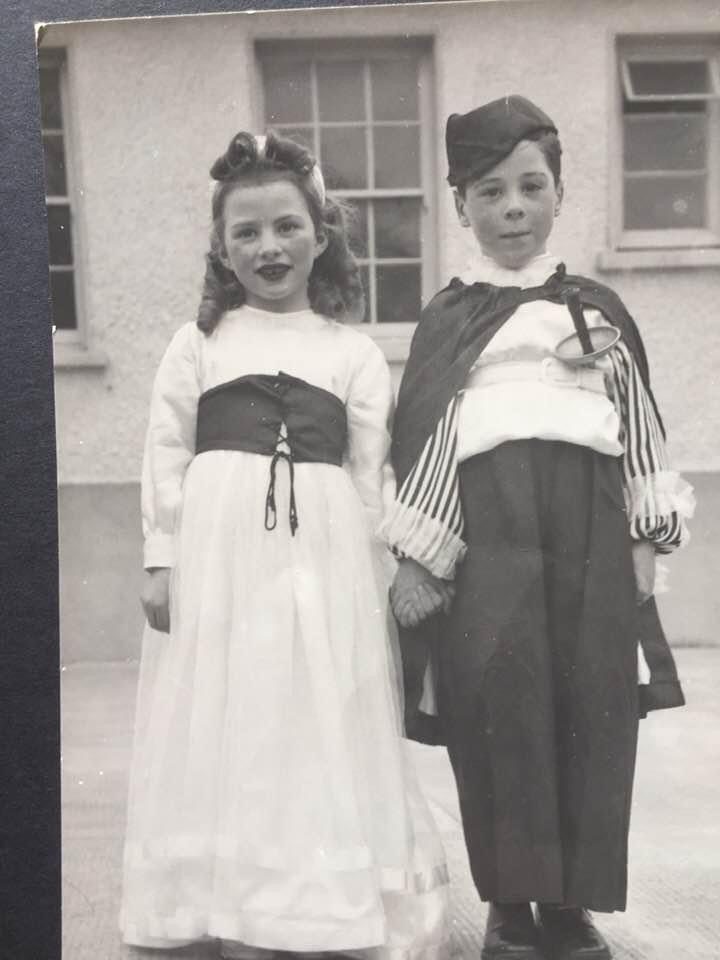



In 1966, the American Council of Education chose Berkeley as the nation’s “best balanced distinguished university.” But for Reagan’s gubernatorial campaign, campus radicalism was a goldmine. Rhetorically, he tied the “rioting” and “anarchy” of Berkeley students to academic freedom run amok and communist professors indoctrinating the next generation. He promised that, if elected, he would institute a code of conduct for faculty and appoint former CIA chief John McCone to investigate why “the campus has become a rallying point for Communism and a center of sexual misconduct.”

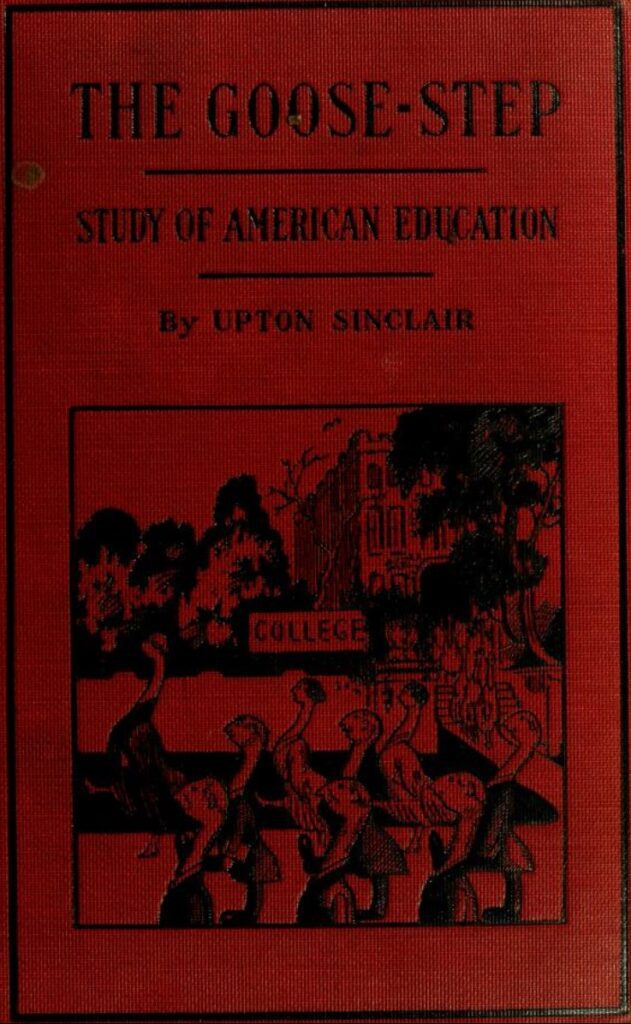

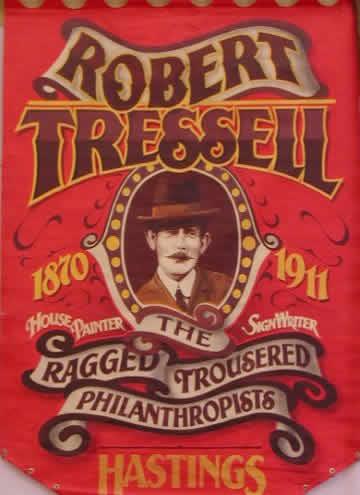


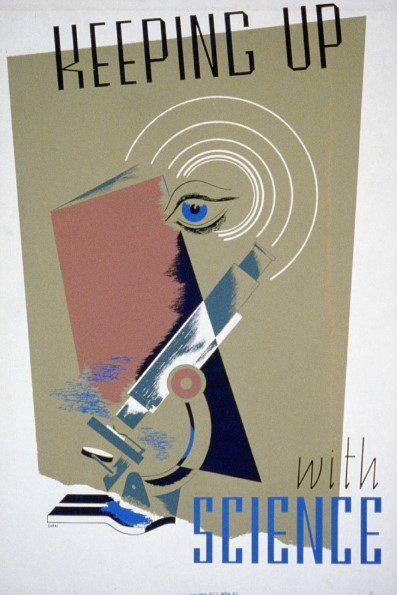
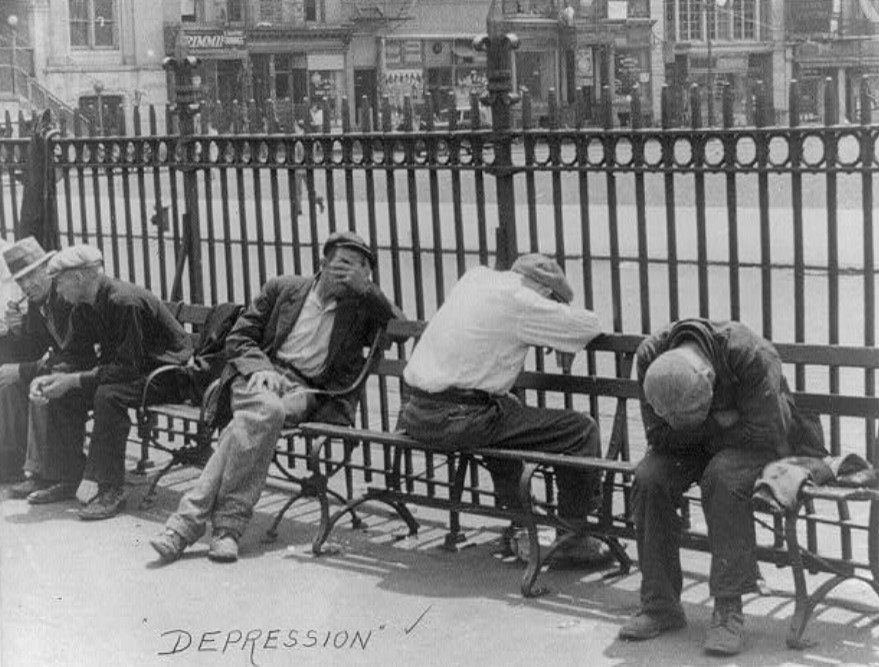
1934 Haddon Heights, New Jersey


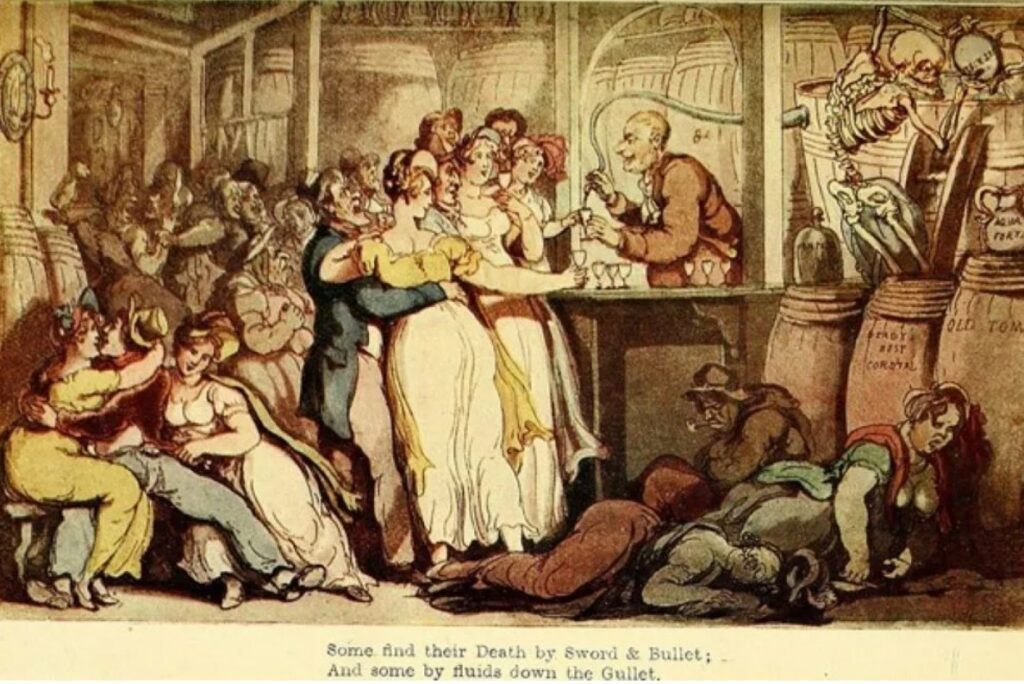
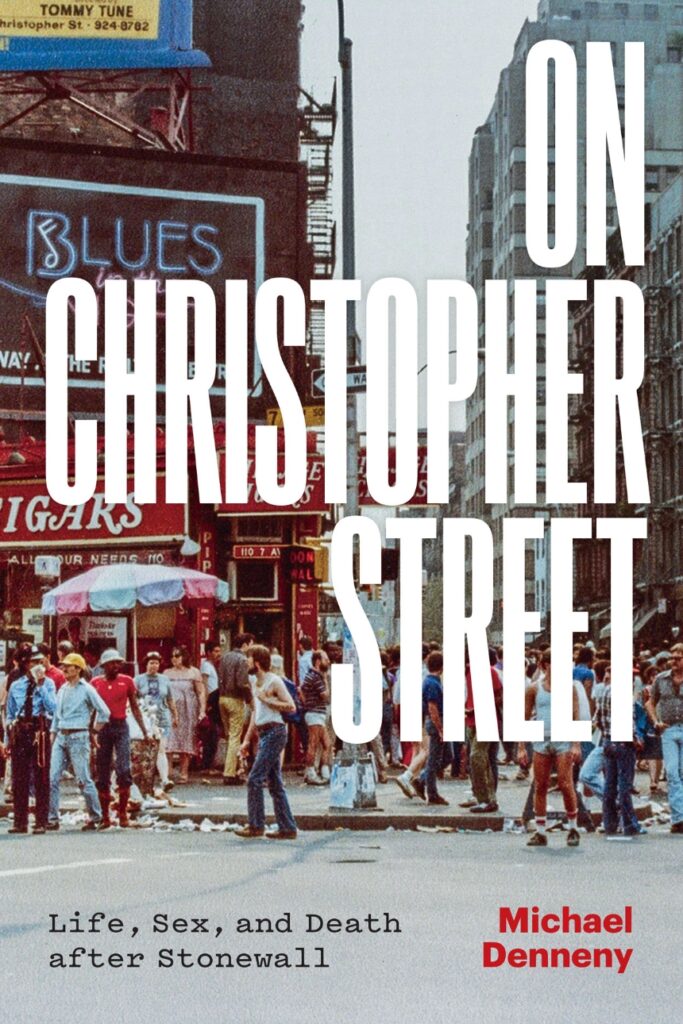


One of John Venn’s major achievements was to find a way to visualise a mathematical area called set theory. Set theory is an area of mathematics which can help to formally describe properties of collections of objects.

Lakeview Terrace Apartments, Cleveland, Ohio.



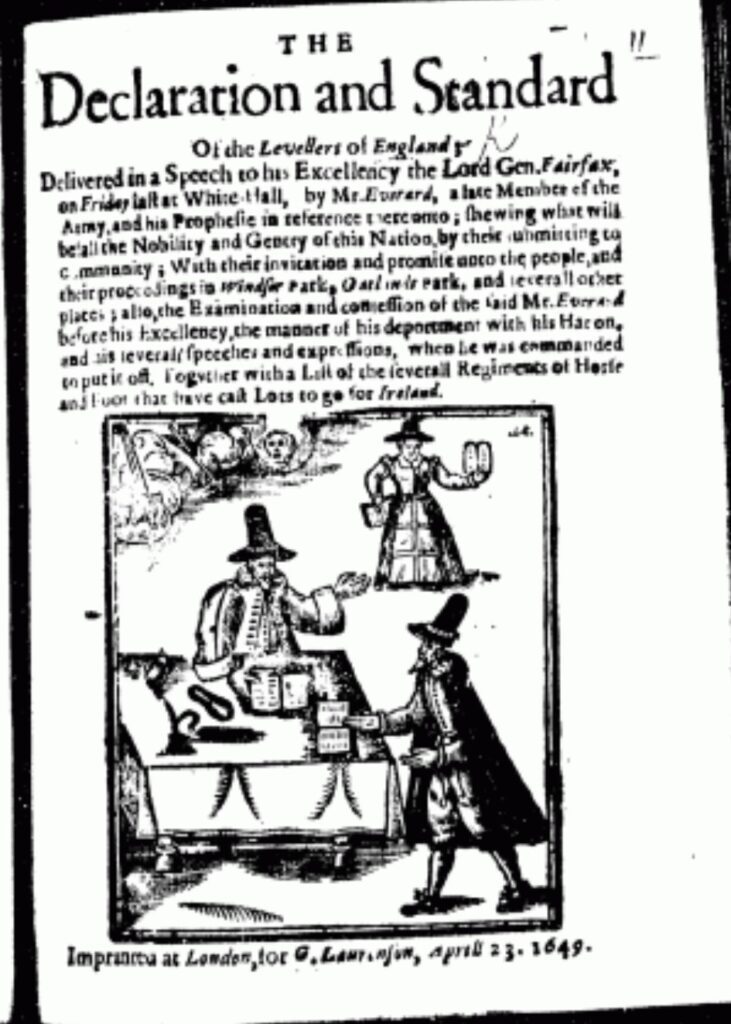
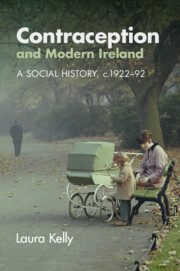


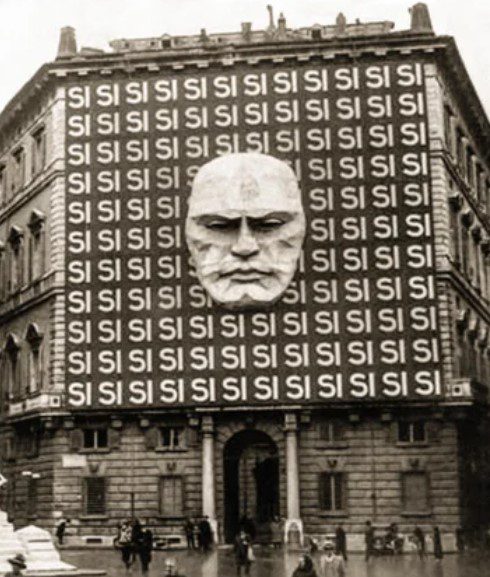
National Fascist Party headquarters in Rome in 1934, decorated with the face of Benito Mussolini, calling for national approval with a ‘Si’ vote on a fascist referendum.

History of Psychiatry, Ahead of Print.
In the nineteenth century, photography became common in psychiatric asylums. Although patient photographs were produced in large numbers, their original purpose and use are unclear. Journals, newspaper archives and Medical Superintendents’ notes from the period 1845–1920 were analysed to understand the reasons behind the practice. This revealed: (1) empathic motivation: using photography to understand the mental condition and aid treatment; (2) therapeutic focus on biological processes: using photography to detect biological pathologies or phenotypes; and (3) eugenics: using photography to recognise hereditary insanity, aimed at preventing transmission to future generations. This reveals a conceptual move from empathic intentions and psychosocial understandings to largely biological and genetic explanations, providing context for contemporary psychiatry and the study of heredity.


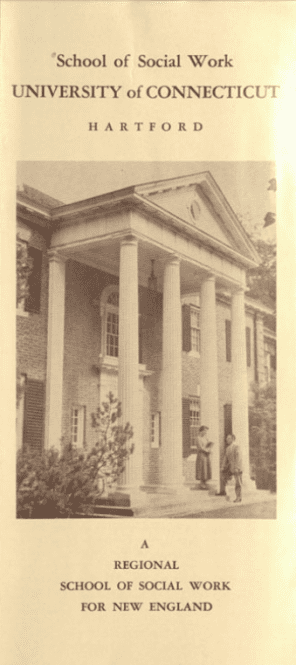





Throughout the city an increasing number of chronically mentally ill are finding shelter in deteriorating hotels or boarding houses, many of which violate numerous fire and safety standards. Yet enforcement of those standards is sporadic and ineffectual. “Many limes I think, ‘My God, we’re sending people out who are not that well to begin with to these filthy places,’” says a Dammasch social worker, who tries to find housing for discharged patients. Above: Former Dammasch State Hospital (1961-1995)


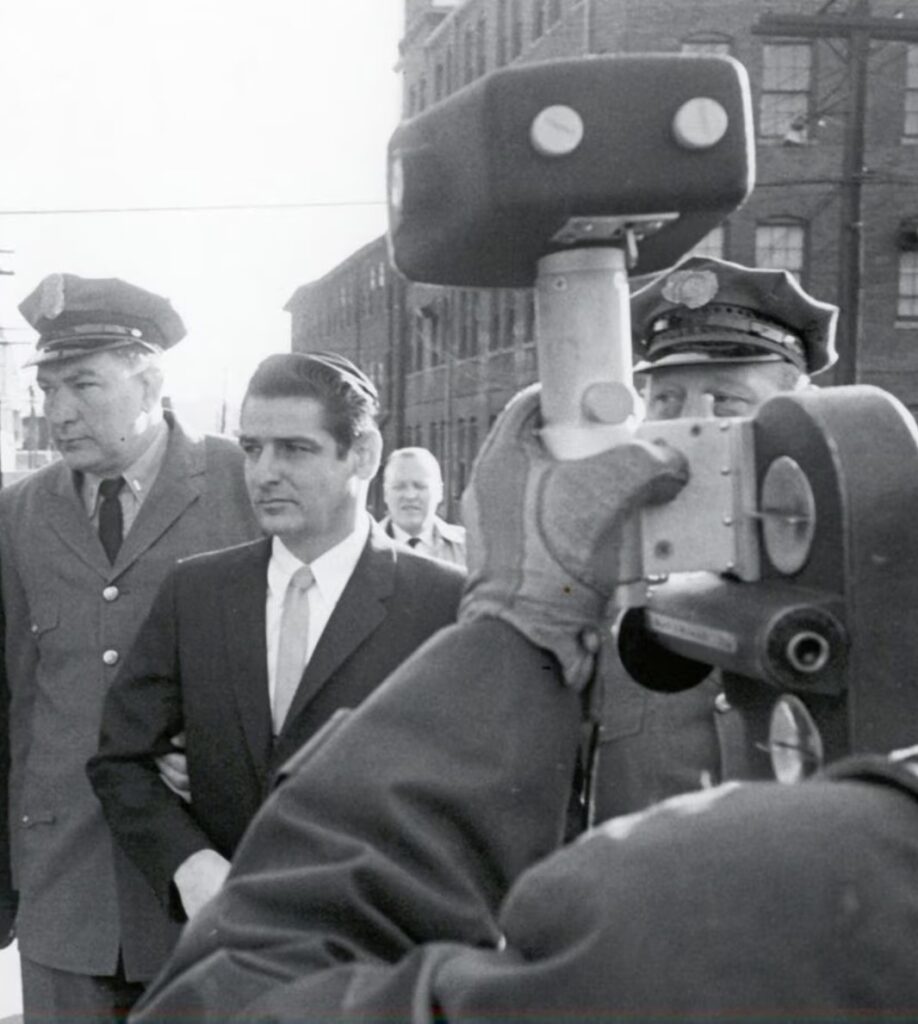
Deep in an archive kept secret for decades, the author found a stunning trove: social workers’ notes gathered over many years on the early life of Albert DeSalvo, the admitted killer of 11 women and one of Boston’s few truly iconic criminals.

